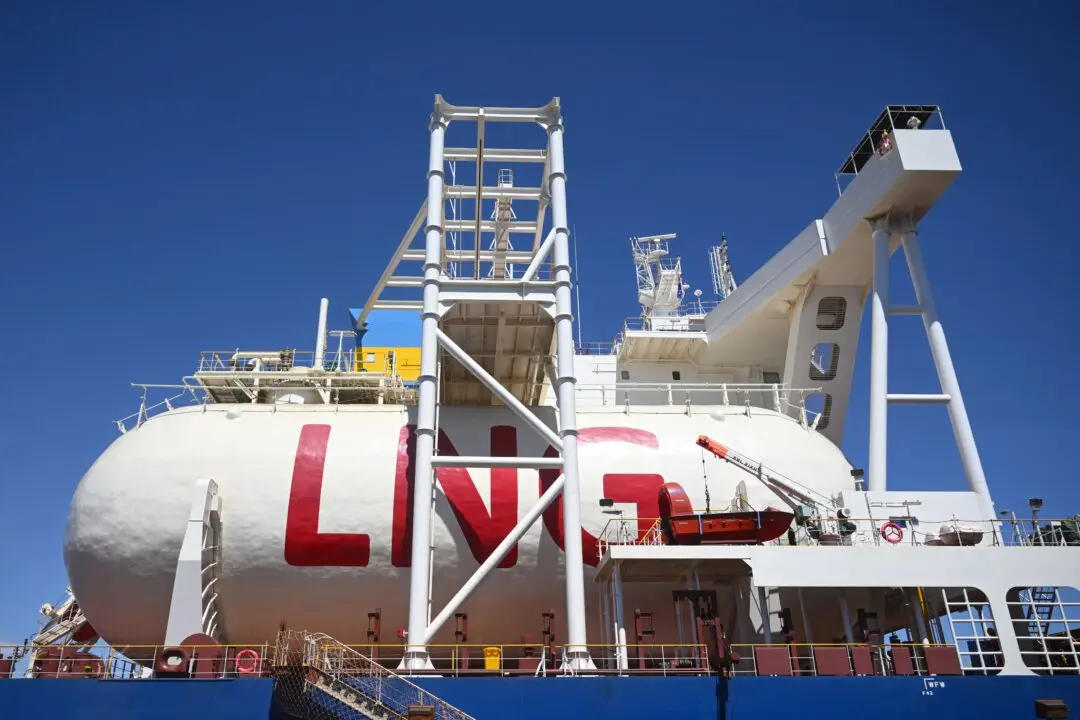Provincial premiers say they’re on the same page regarding the need for a unified approach to deal with Donald Trump’s tariff threat, but have taken different approaches on how to address border security concerns.
Borders are a federal responsibility and in some provinces the RCMP is responsible for provincial-level law enforcement. This leaves some premiers with few options to boost border security, other than putting pressure on Ottawa.





